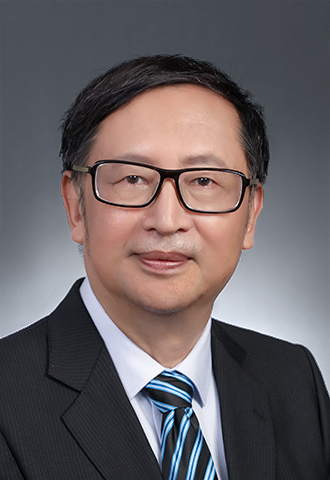-

- Yang Jiemian
- Senior Research Fellow
- Institute for Foreign Policy Studies
- Yang Jiemian: How to Look at and Deal with Security Issues in Eurasia
- Global Cultural Building in the New Context for a Community of Shared Future for the Mankind
- Reflecting on and Redefining of Multilateralism at the New Times
- International landscape roiling with changes brought by pandemic
- There Will Be No New Cold War
Aug 04 2015
G-20 and T-20 in Coordinated Development
By Yang Jiemian
Jiemian YANG’s Speech on July 30, 2015
Ladies and Gentlemen:
Good afternoon! On behalf of one of the co-organizers, the Shanghai Institutes for International Studies, I would like to extend our warmest welcome and sincere wishes for the complete successes of this conference.
Now I am going to sharing my following thoughts on the constructive interaction between the G-20 and T-20 for your reference. First of all, the G-20 and T-20 are concerted and complementary each other in meeting the challenges confronting the world economy as well as promoting its stronger growth. As the premier platform of the world’s economy, the G-20 shoulders the great responsibility of overall designing and implementing. Despite many challenges and difficulties, the G-20 has all along made irreplaceable contributions to the world economy’s growth and development’s orderly advances since 2008. As the intellectual backups, the T-20 has also played an important role in meeting with major economic challenges, analyzing economic situation and judging economic trends. As think tanks, the T-20 possesses longer timeline, broader thinking and more diversified scenarios, thus providing the G-20 with more strategic options and policy alternations. Furthermore, in the past six or seven years, the G-20 and T-20 have gradually formed mutual complementarities and promotions, and realized constructive interaction in coordination and matching-up between the political and academic circles.
Secondly, the G-20 and T-20 have common missions with differentiated roles in promoting the reforms in international economic system and order. The elevated G-20 came into being as a result of the new situation in 2008 and has since become an important component of the reforms in international system and order. The G-20 has conducted new efforts and exploration of global governance under the new circumstances by centering on the annual summits, specializing in functional mechanisms and promoting agendas by rotating presidencies. In the meantime, the T-20 has not only studied on and provided consultancy to the G-20’s adaptiveness, effectiveness and representiveness, but also contributed to the developmental direction and concrete practices in a broader way.
Thirdly, both the G-20 and T-20 should pursue for further self-development and self-perfection. As a newly-born international mechanism, the G-20 can hardly avoid structural and operational defects. As a forum for economic matters, the G-20 suffers indecisiveness and incompetent implementation. As in a transitional period from the old to new international orders, the G-20 confronts an enormous challenge between the goals and capabilities. Moreover, with the passing of the time, this gap invites increasing dissatisfaction and disappointments. Likewise, the T-20 should strive for self-development and self-perfection while helping the G-20 with development and perfection. The T-20 has so far been an ad hoc grouping and still an evolving “coalition of the willing and able”. It also faces undesirable shortcomings in, among others, research direction and foci, strategic and policy recommendation and think tank networking. Encouragingly, conscientious efforts and cooperation such as this Conference make us aware of T-20’s future direction and potentiality.
Last but not least at all, both G-20 and T-20 need to enhance communication with the non-G-20 and non-T20 for a new stage of jointly promoting the reforms in international system and order. Global governance, economic growth, social development and others are challenges in our time and missions of historical significance to the entire international community, thus calling for the maximum participation of all walks of lives the world over. 2015 marks the 70th anniversary of the founding of the United Nations. At this critical juncture, we need to mobilize and use the combined forces of the whole world to realize these glorious but difficult tasks. To the G-20 and T-20, the physical spaces may be limited. However, at the time of highly developed science and technology, we are fully capable of attracting many more state and non-state actors for the new progresses and achievements of the global governance in a manner of common consultation, common facilitation and common benefiting.
Ladies and Gentlemen:
Next year China will succeed Turkey’s rotating presidency of the G-20. In order to live up to the high expectation of the international community, in terms of global economy, China will strive for comprehensive growth, balanced growth, inclusive growth, investment growth, employment growth, so on and so forth. Consequentially, China all the more needs to pool the world’s wisdom and insights of the think tanks and relevant institutions including those of our fellow participants here. As the Chinese saying goes, solutions are more than problems. Let us joint our efforts and give the full play to the roles of think tanks in meeting the challenges and making greater contribution to the world’s peace, development and win-win cooperation.
Thank you very much for your attention!
Source of documents:
